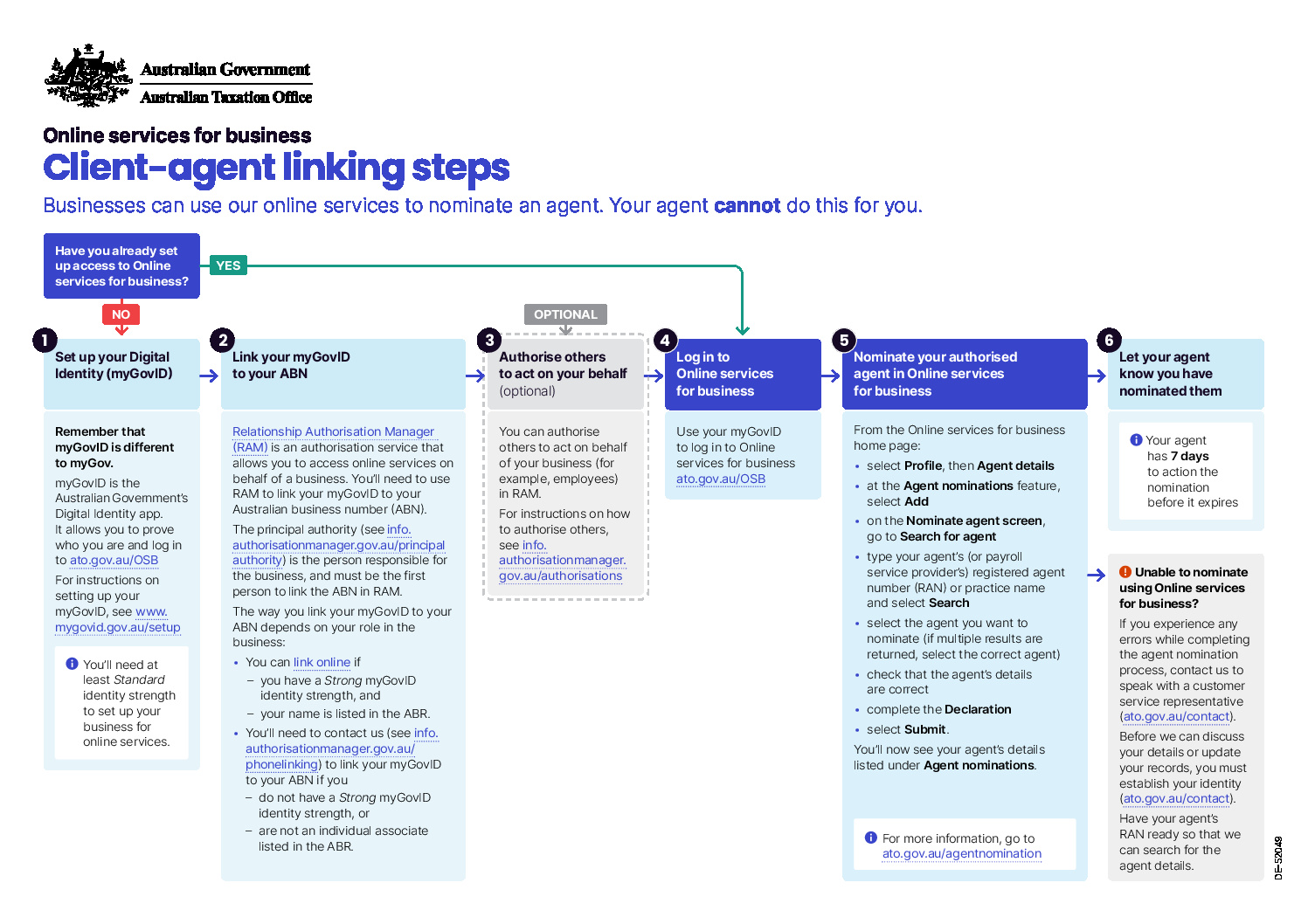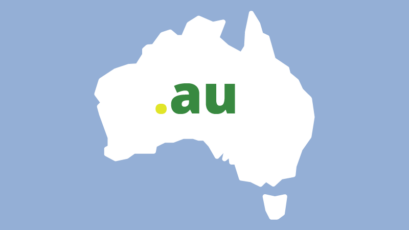Tradespeople (or “Tradies”) are skilled manual laborers, working within the trade industry. In order for you to maximise the tax deductibility of your occupation, we recommend these 8 hot tips for the 2016 financial year to keep you ahead of the game.
Note: An expense incurred by an individual or business for the purpose of gaining or producing assessable income will result in a deduction.
1. Motor Vehicle Related Expenses
In order to maximise your motor vehicle deduction, we recommend ‘The Logbook Method’. This means that a percentage of ALL of your car expenses are deductible including: fuel, insurance, registration, repairs & maintenance, and more. Ask your Quill Tax Specialist how to prepare a compliant logbook.
2. Tools & Equipment
Any tool or piece of equipment, up to the value of $20,000, used in the course of generating your income is an immediate deduction. Equipment over this amount must be depreciated.
Note: if tools are used for both work and personal use the expense must be proportioned.
3. Uniform & Protective Clothing
If you are required to wear a uniform or occupation specific clothing, this can be deducted from your taxable income. This may include, but is not limited to, the following items; protective clothing, sunglasses, protective footwear, and laundry costs pertaining to these.
4. Fees & Interest
If you have taken out a business loan to purchase assets or run your business, various expenses can be claimed. These include interest on loans, bank fees, and annual account keeping fees. Note: any penalties incurred from late payments or overdrawn accounts are NOT deductible.
5. Permits & Registrations
Depending on your specific trade, it is likely that you are required to hold various permits, licenses and registrations. All of these expenses are 100% tax deductible.
6. Insurance & Union Fees
We recommend that those working within the trade industry have adequate insurance policies such as public liability, occupier’s liability, and income protection. Our financial planners can further assist in setting up some of these policies, all of which will be tax deductible.
7. Professional Services Fees
Professional service fees may include business expenses relating to legal advice, accounting advice and strategic financial planning.
8. Other Indirect Expenses
These expenses may include a portion of your mobile phone, Internet used for work purposes, and relevant costs in running a home office.
In order to optimise your tax return, we recommend that you follow these 8 basic principals. Please note that the above is a general guide. You are always recommended to have a personalised consutlation for a tailored and flexible approach for all your accounting needs.













